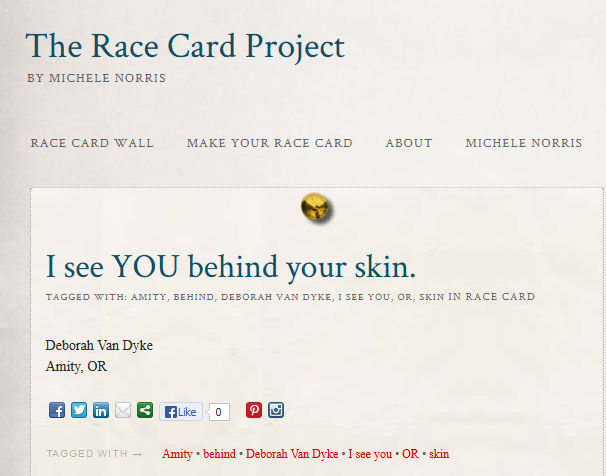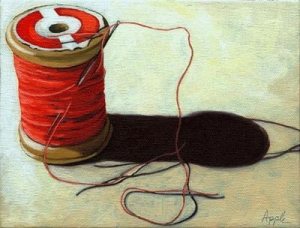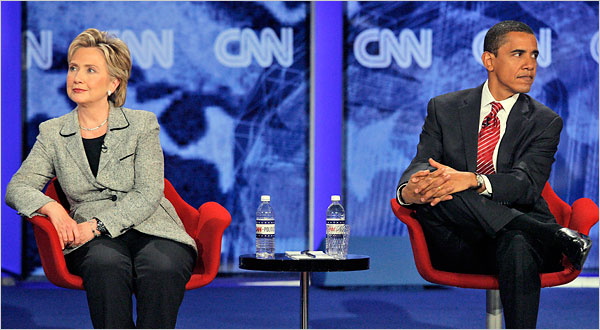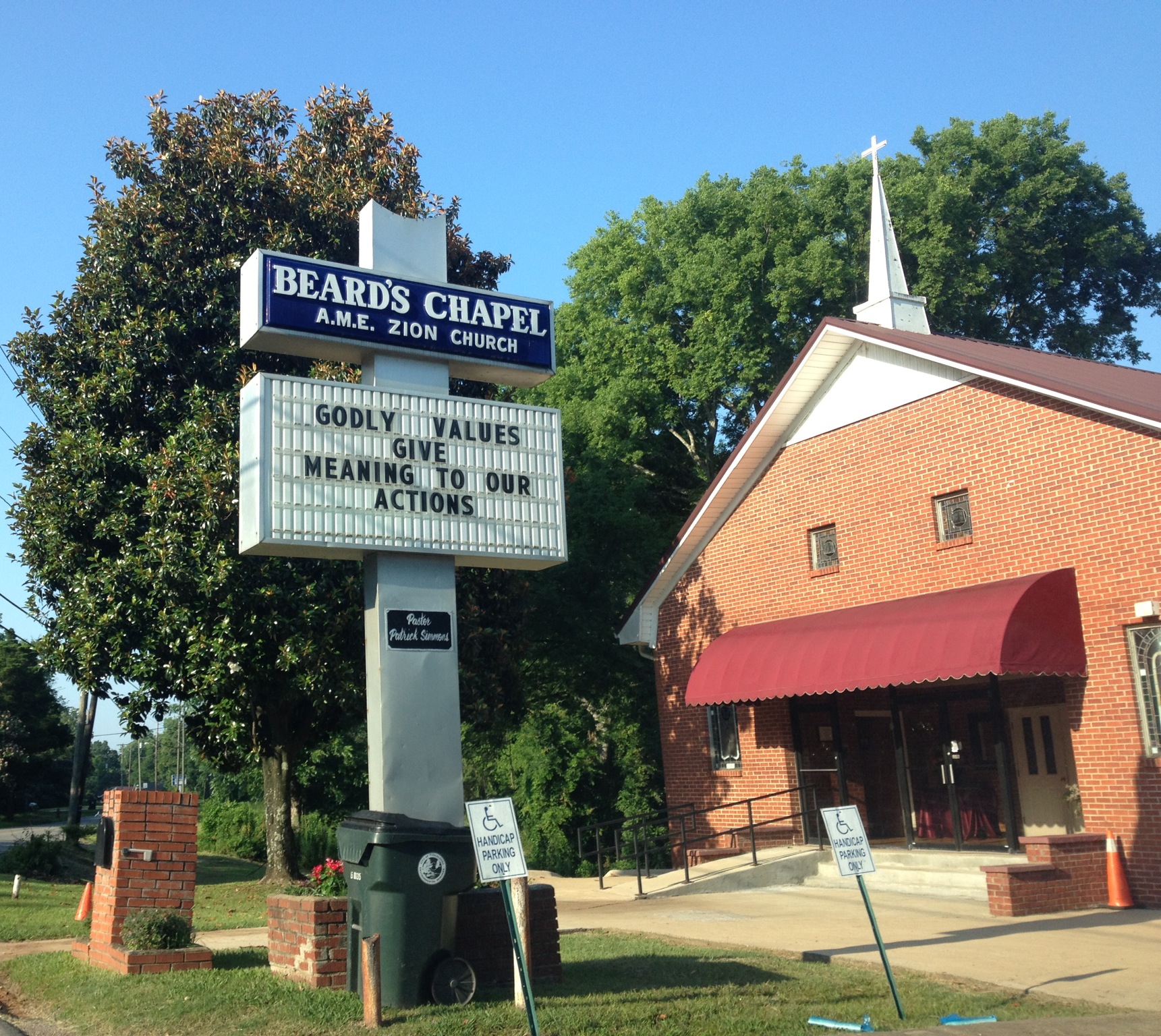 People who identify themselves as a member of a community sometimes limit who can represent “their” community, especially if they perceive the community as marginalized or misrepresented in some fashion. Generally, the argument is that only those identified as being within the community have the right to make public representations of it. As an example, a few who identify as Hindus have complained about those not born as Hindus making public and academic assertions about things designated “Hinduism.” Continue reading “Agreement and the Right to Speak”
People who identify themselves as a member of a community sometimes limit who can represent “their” community, especially if they perceive the community as marginalized or misrepresented in some fashion. Generally, the argument is that only those identified as being within the community have the right to make public representations of it. As an example, a few who identify as Hindus have complained about those not born as Hindus making public and academic assertions about things designated “Hinduism.” Continue reading “Agreement and the Right to Speak”
“We Are Canadian, eh?”
 Have you seen this Canadian beer commercial, known as “The Rant”? Airing in 2000, it ran with what was then Molson’s slogan, and was pretty popular in Canada, airing during Saturday night hockey games. In fact, a good friend me a “I am Canadian” key chain back then and I still use–the double entendre of the pithy slogan evident to anyone who knows their brands of Canadian beer. Continue reading ““We Are Canadian, eh?””
Have you seen this Canadian beer commercial, known as “The Rant”? Airing in 2000, it ran with what was then Molson’s slogan, and was pretty popular in Canada, airing during Saturday night hockey games. In fact, a good friend me a “I am Canadian” key chain back then and I still use–the double entendre of the pithy slogan evident to anyone who knows their brands of Canadian beer. Continue reading ““We Are Canadian, eh?””
The Race Card
Have you seen The Race Card Project online? It is a site that solicits your six words about race, such as:

Those interested in considering popular understandings of this one identity domain may find this website to be a rich resource–such as the above sample which presupposes the common notion of a deeper, stable subjectivity that transcends identifiers.
Visit the site here or listen to a National Public Radio segment on it from earlier today.
Why is a Praying Atheist Newsworthy?

This week, several media outlets (Washington Post and Huffington Post) have highlighted an atheist who advocates prayer. The man has blogged that when he started a twelve step program he began praying regularly to a being he created (without believing in the existence of a deity), which changed his life for the better. Last summer, I pondered a somewhat similar hypothetical scenario in which a self-identified atheist maintained a belief in god in order to illustrate, as my colleagues here at Culture on the Edge have been saying, that identifications are strategic, not intrinsic. That blog post received pushback from some friends asserting that atheists, by definition, cannot believe in god. Continue reading “Why is a Praying Atheist Newsworthy?”
Everything Old is New Again in Thessaloniki
 An interesting video was posted earlier today by the British newspaper The Guardian, a film which is part of the Energy Bits documentary initiative. It is on a very interesting Greek “upcycling” project/business in Thessaloniki, in which found objects (from the garbage or junk yards) are transformed by artists, architects, etc., into rather cool, usable things. Continue reading “Everything Old is New Again in Thessaloniki”
An interesting video was posted earlier today by the British newspaper The Guardian, a film which is part of the Energy Bits documentary initiative. It is on a very interesting Greek “upcycling” project/business in Thessaloniki, in which found objects (from the garbage or junk yards) are transformed by artists, architects, etc., into rather cool, usable things. Continue reading “Everything Old is New Again in Thessaloniki”
Imagining Identity
 What if we, as scholars, told the following narrative? In the first century there was a man named Jesus who invented a magical spool of invisible thread. He carried the spool with him everywhere he traveled as an itinerant preacher. When those who heard his message accepted it, he would magically partition the invisible thread, handing an end to each new follower. Jesus’ disciples each carried an end of this invisible thread, and everywhere they went they too distributed it. Like the loaves and the fishes Jesus is said to have multiplied to feed the masses, so was the thread multiplied and divided—like a complicated spider web—across the face of the ancient Mediterranean world. In fact, the thread stretched not only across space but across time as well, although it has been divided innumerable times over the last two millennia. Contemporary followers of Jesus in the Catholic, Eastern Orthodox, and Protestant churches hold the thread today at its various temporal and spatial termini. Continue reading “Imagining Identity”
What if we, as scholars, told the following narrative? In the first century there was a man named Jesus who invented a magical spool of invisible thread. He carried the spool with him everywhere he traveled as an itinerant preacher. When those who heard his message accepted it, he would magically partition the invisible thread, handing an end to each new follower. Jesus’ disciples each carried an end of this invisible thread, and everywhere they went they too distributed it. Like the loaves and the fishes Jesus is said to have multiplied to feed the masses, so was the thread multiplied and divided—like a complicated spider web—across the face of the ancient Mediterranean world. In fact, the thread stretched not only across space but across time as well, although it has been divided innumerable times over the last two millennia. Contemporary followers of Jesus in the Catholic, Eastern Orthodox, and Protestant churches hold the thread today at its various temporal and spatial termini. Continue reading “Imagining Identity”
Blurred Boundaries
 In preparation for the first meeting of Culture on the Edge, at the University of Alabama, the group looked at some resources that purport to study identity in a more dynamic, theoretically-engaged way–e.g., works devoted to studies of diaspora, hybridity, syncretism, etc.–in hopes of finding models for how to study the production and movement of identity but without (unintentionally, perhaps) reproducing the very thing one means to study. Continue reading “Blurred Boundaries”
In preparation for the first meeting of Culture on the Edge, at the University of Alabama, the group looked at some resources that purport to study identity in a more dynamic, theoretically-engaged way–e.g., works devoted to studies of diaspora, hybridity, syncretism, etc.–in hopes of finding models for how to study the production and movement of identity but without (unintentionally, perhaps) reproducing the very thing one means to study. Continue reading “Blurred Boundaries”
Cherry Pickers
On the weekend a Facebook friend posted a link to an interesting blog post on contests over modern Jewish identity. It opened as follows:
Culture on the Edge Podcast
 During its working session in Chicago, in November 2012, the members of Culture on the Edge (pictured below) took some time to record a conversation on identity creation and its study, for The Religious Studies Project (RSP)–a series of podcasts created and maintained by UK grad students that is devoted to the work of scholars of religion from around the world.
During its working session in Chicago, in November 2012, the members of Culture on the Edge (pictured below) took some time to record a conversation on identity creation and its study, for The Religious Studies Project (RSP)–a series of podcasts created and maintained by UK grad students that is devoted to the work of scholars of religion from around the world.
Click here to listen to our conversation.
Apart from thanking RSP’s Christopher Cotter and David Robertson for their interest in our work, we would like to thank Andie Alexander, then a student in the Department of Religious Studies at the University of Alabama, for assisting with the technology, and also thank the Department for supporting the group.)


 It’s sort of interesting to see how an apparently counter-intuitive model of identity uncontroversially (and probably unintentionally) finds its way into everyday life.
It’s sort of interesting to see how an apparently counter-intuitive model of identity uncontroversially (and probably unintentionally) finds its way into everyday life.